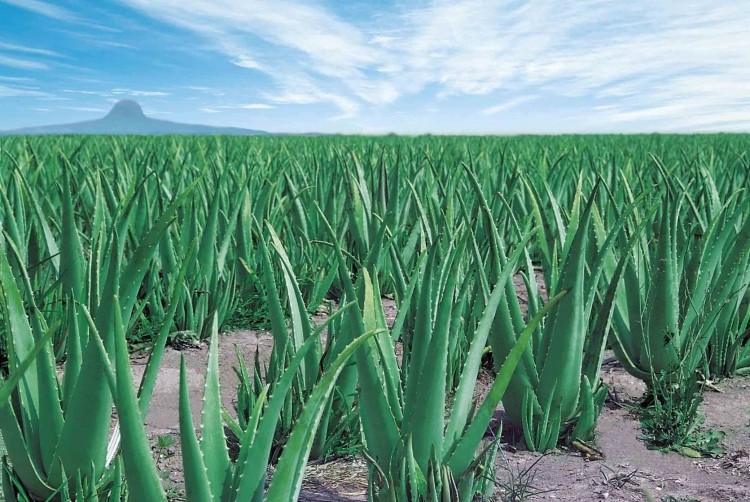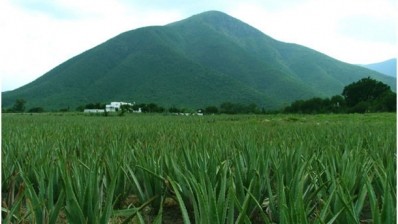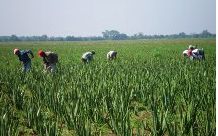Prop 65 listing shouldn’t apply to properly made aloe products, IASC says

Aloe vera leaves, the raw material for aloe products, contain a gel-like inner layer that is the exclusive source of all ingredients in the market that are made to IASC standards, said Jane Wilson, the group’s executive director. The leaves also have a darker colored latex layer that is just underneath their tough skins, and it is this layer that contains the anthrones and anthraquinones—together known as aloins— that are the chemicals in the leaves that are known digestive irritants. In properly manufactured aloe products these are flushed away or are filtered out, Wilson said. Such material is known as “decolorized” aloe.
The confusion started with a National Toxicology Program study that used whole leaves ground up and given to rats and mice. The assertion of the IASC at the time the results of this study were made public is the same as its position now, that is that NTP had used a material that is not found in the marketplace.
“These were typical two year oral studies in both rats and mice,” Wilson told NutraIngredients-USA. “The particular test material that was used was what was termed aloe vera. These were fresh aloe leaves that were ground up and that contained the latex layer that contains the aloins.”
Wilson said properly manufactured aloe vera products will not have to use the Prop 65 warning language, despite the state’s confusing action made public this week. The issue now is to get the word out to all stakeholders in California.
“In the notice of intent to list they did provide some clarity about the actual form of the ingredient. That seemed to get lost in the final listing,” Wilson said.
“Our main concern now is educating the public and the potential private enforcers that will be looking at this. That’s where education and outreach becomes crucial,” she said.
Old mistake repeated
The 2012 study, by researchers from the National Center for Toxicological Research at the Food and Drug Administration indicated that "Aloe vera whole-leaf extract" is an intestinal irritant in rats and mice and a carcinogen of the large intestine in rats.
Stephen Dentali, PhD, now with Herbalife and who was then the science adviser of IASC, wrote a letter to the editor of Toxicological Sciences, where the study appeared. "At issue for IASC is that the article omits a vital test-material qualifier from the title and throughout the article," Dentali wrote. "The research was conducted on nondecolorized aloe vera whole leaf extract, and inclusion of the term nondecolorized in the description of the tested plant material is essential to ensure that it is accurately identified. ... Failure to disclose this important distinction in the identity of the tested ingredient is simply inaccurate and grossly misleading.
"Our concern is that while it may be technically correct to leave out 'non-decolorized' from the title of the research article, it's liable to mislead consumers without it," Dentali wrote.
Certification program
The IASC created and manages a third-party certification program that ensures the content and purity of aloe vera products. Products in the program are analytically tested for aloin content to ensure compliance with a maximum limit of 10 parts per million. Consumers can look for the IASC seal to purchase IASC certified products.

















